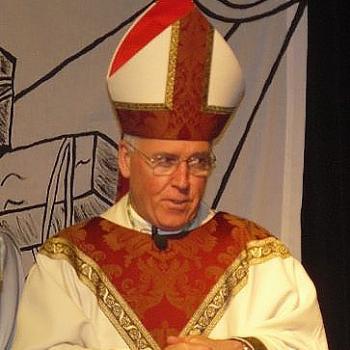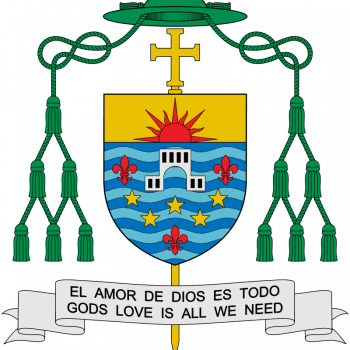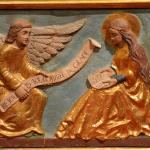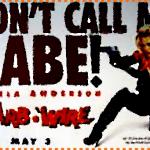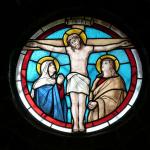With another presidential election year looming, a new poll suggests most Catholics are unaware that America’s bishops have published guidelines for voting — and those who do know about it, don’t care:
Every four years, the Catholic bishops of the United States publish a detailed statement about how Catholics should think about key political issues in light of church teachings.
And every election cycle, activists on both sides of the Catholic political spectrum argue passionately about what the statement really means, whether it supports their position and why it needs to be overhauled if it doesn’t.
But what if nobody actually reads it?
A new poll of U.S. Catholics shows that just 16 percent have ever heard of the bishops’ document, “Forming Consciences for Faithful Citizenship,” and just 3 percent say they have read it.
Most worrisome for the bishops may be that three-quarters of those who were even aware of “Faithful Citizenship” say the document had “no influence at all” on the way they voted in 2008; 71 percent said it would have made no difference even if they had known about it.
Overall, just 4 percent of adult U.S. Catholics say the statement from the U.S. hierarchy either was a major influence, or would have been if they’d known about it.
“Those who think the bishops have too much influence on Catholic voters may be relieved by these findings,” said Peter Steinfels, co-director of Fordham University’s Center on Religion and Culture, which sponsored the survey. “Those who think that the bishops have too little influence or have influence of the wrong sort may be distressed.”









